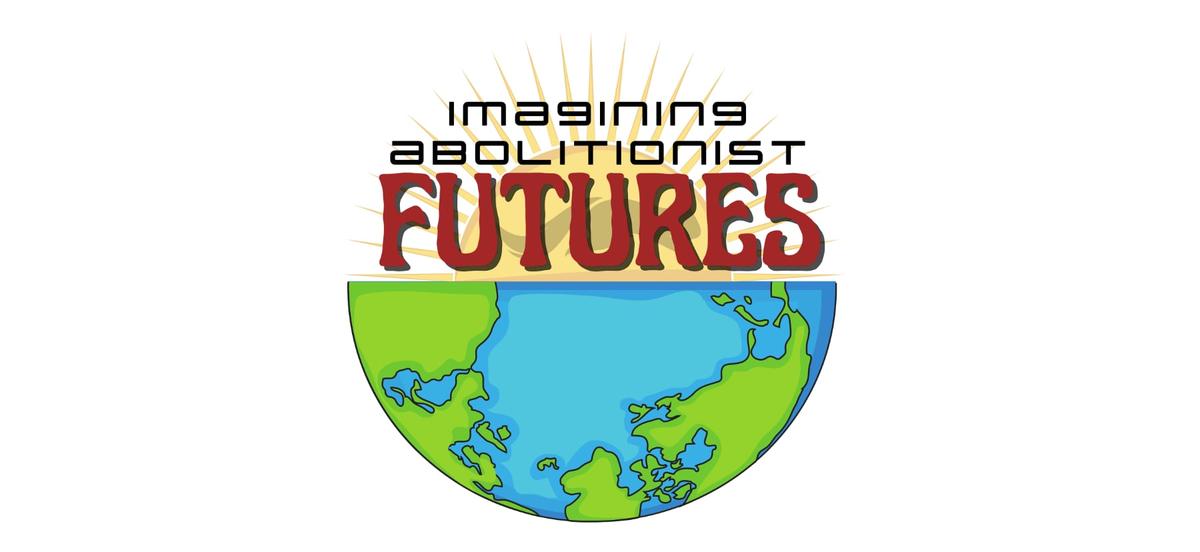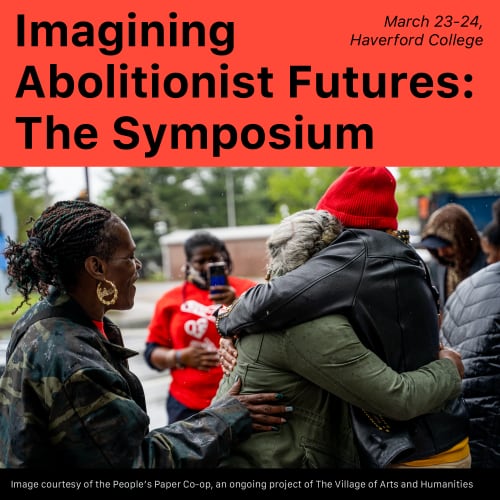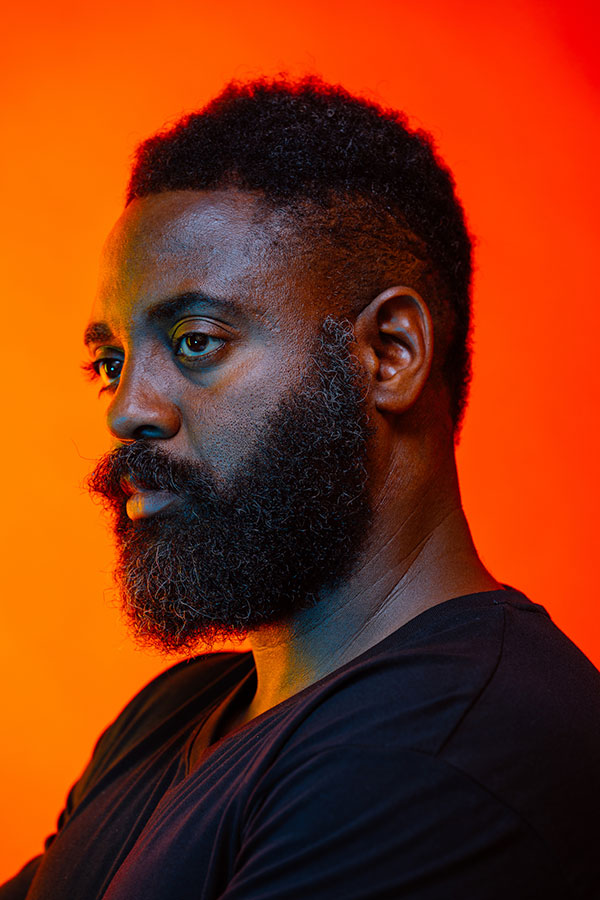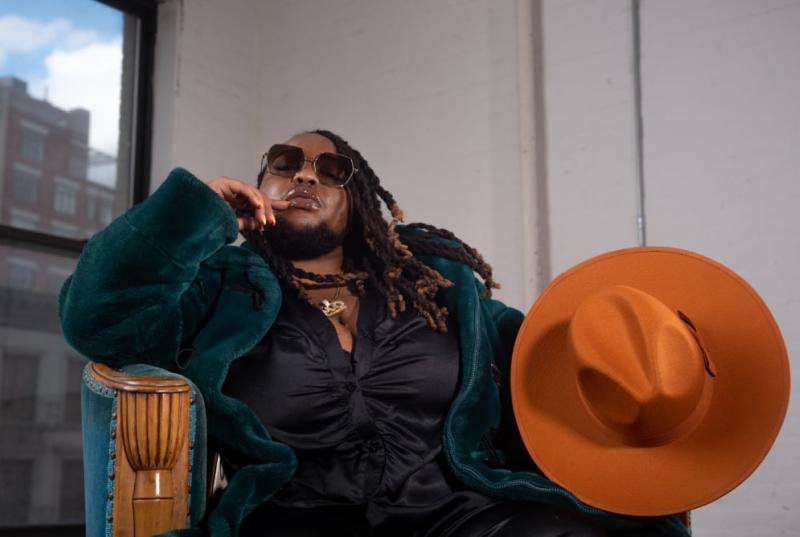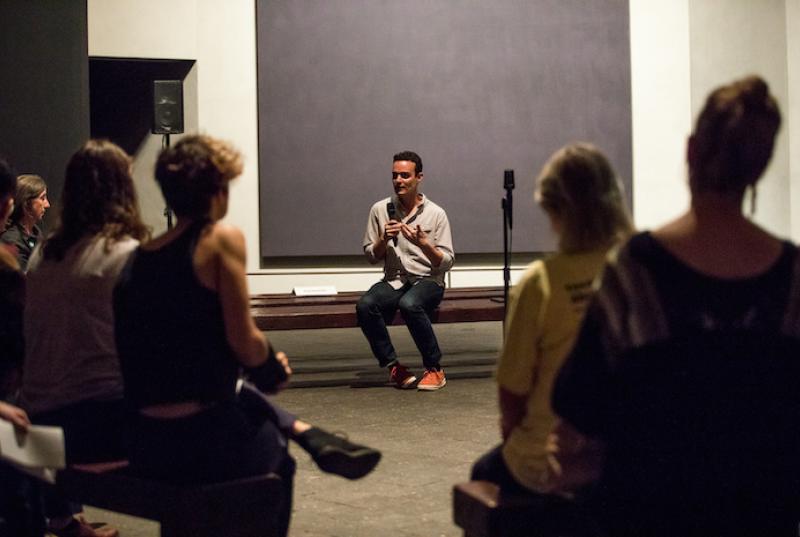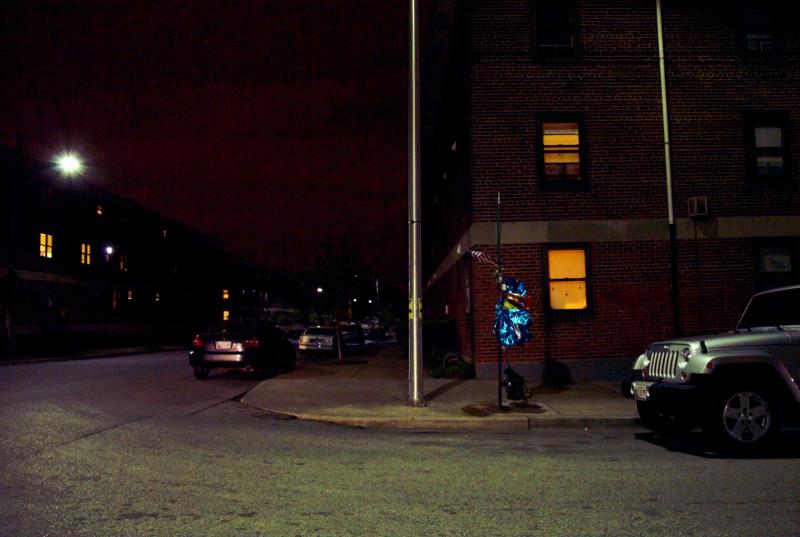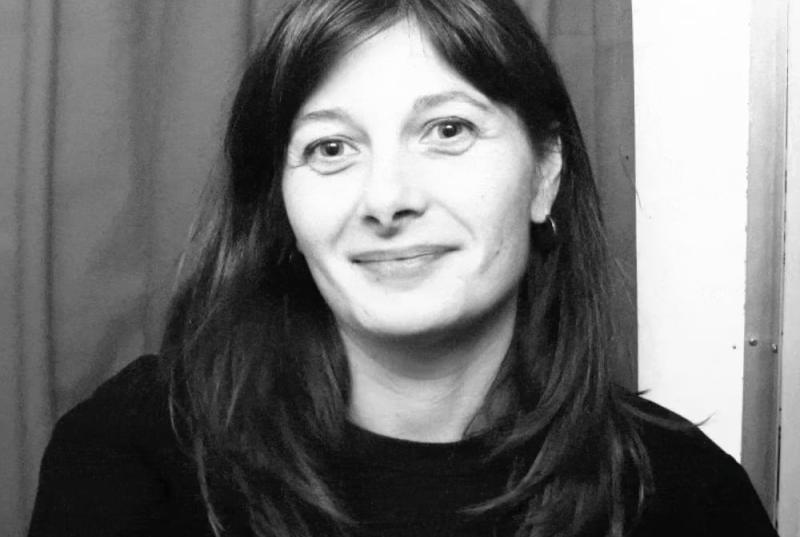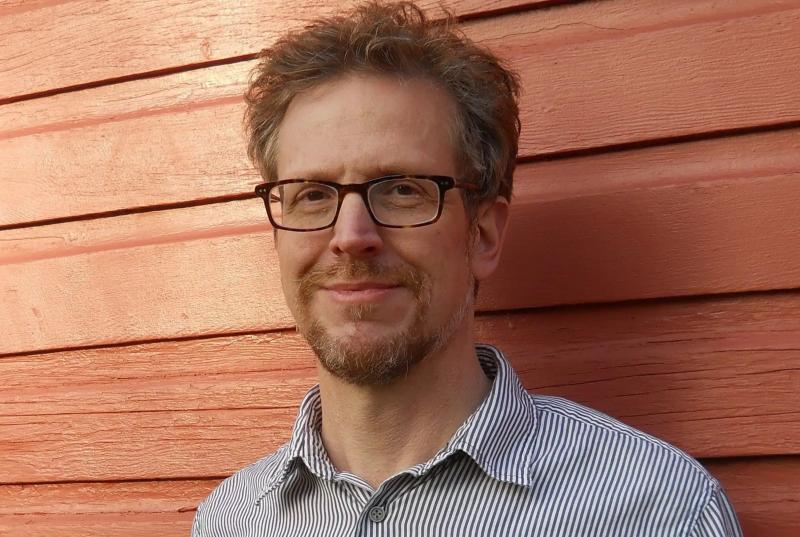Currently
Currently is a participatory exhibition organized by artist Mark Menjívar that looks deeply at capital punishment in the United States. The exhibit runs January 20 - March 3, 2023.
Friday, January 27, 2023
4:30pm - 7:00pm
Cantor Fitzgerald Gallery

Join us on Friday, January 27th from 4:30pm - 7:00pm for the Artist Talk & Opening Reception of Currently, featuring the work of artist Mark Menjívar. 4:30pm Artist Talk with Reception to follow.
Mark Menjívar is a San Antonio based artist and Associate Professor in the School of Art and Design at Texas State University. His art practice primarily consists of creating participatory projects while being rooted in photography, oral history, archives, and social action.
Currently is a participatory exhibition organized by artist Mark Menjívar that looks deeply at capital punishment in the United States. Through maps, signs, collaborative timelines, a reading table and spaces for imagination, visitors are invited to reflect on the complicated nature of state-sanctioned violence. Visitors will be invited to participate in ongoing collective research and leave reflections directly on the gallery walls, which will then become a publication at the close of the exhibition.
More information at the Currently exhibit site
Currently is part of Imagining Abolitionist Futures. Support for the exhibition has been provided by Haverford College’s John B. Hurford ’60 Center for the Arts and Humanities, Office of the President, Office of the Provost, and English Department.
